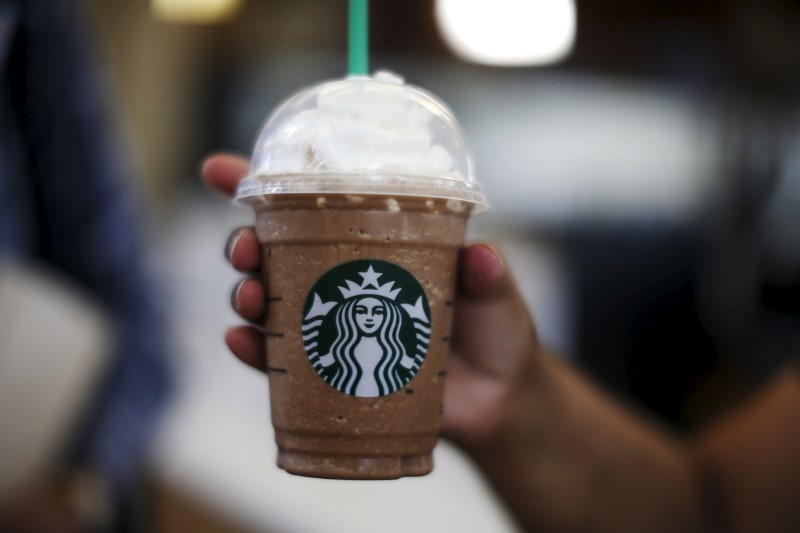Baristas at company's busiest cafes have difficulty keeping up with mobile orders

(Reuters) — An initiative by Starbucks’ new CEO to improve customer engagement and ease congestion at stores is struggling due to staff shortages, hurting baristas' morale and ability to serve customers, a survey of coffee chain's employees showed.
Three-quarters of the 184 U.S.-based Starbucks employees surveyed by Coworker.org, an online platform which lets workers organize campaigns, said their stores were not adequately staffed to carry out the customer re-engagement program.
The program aims to improve customer service by training baristas and providing them technical support.
About 62 per cent of the employees surveyed said their ability to deliver the best customer service has decreased in the past three months due to understaffing.
The customer re-engagement program, the first major initiative by CEO Kevin Johnson who took over in April, sought to address teething issues the company faced following the launch of its mobile ordering and payment technology.
Baristas at the company's busiest cafes had difficulty keeping up with mobile orders, creating bottlenecks at drink delivery stations and leading some walk-in customers to walk out, with the company facing customer backlash on social media.
"[Mobile ordering has] added to the work load immensely, and yet again, there aren't even enough people scheduled to share the workload," a Starbucks partner who declined to be named told Coworker.org.
The survey results come at a time when Starbucks is struggling to boost traffic. Visits to its U.S. stores have fallen for two quarters in a row, which Johnson blamed on operational challenges related to the mobile ordering upgrade.
Over 11,800 Starbucks employees have joined a barista-created campaign on Coworker.org, calling for the company to address workers' problems about its labour practices that is sinking morale at stores, the website said.
Starbucks did not immediately respond to a request for comment. The company said in March it would create 68,000 jobs in the United States as it looks to open 3,400 stores by 2021.




